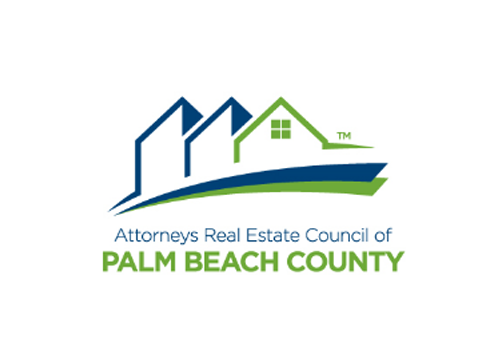Practice Areas
Guardianship
Guardianship is the process by which an incapacitated individual’s ability to make decisions in whole or in part is delegated to another person or persons. A guardian may be appointed to make decisions about a person’s finances, after which he is known as a guardian of the property. He may also be appointed to make lifestyle decisions for that person, in which case he is known as a guardian of the person. The guardianship process generally has two parts: one in which a person’s mental capacity is judged, and a second part if the court does determine incapacity in which the court decides the best person to take charge of that person’s affairs. It is not an all or nothing proposition. The court may find that a person cannot handle his or her business affairs, but is capable of voting, deciding where he wants to live, and who he wants to associate with, e.g. In that case, a limited guardian may be appointed to handle certain matters. If the guardianship is for a minor child, a finding of incapacity is not necessary, because minors do not have capacity under the law to handle their own affairs. Common situations in which a guardianship may be requested include (but are not limited to): an older person who suffers from dementia or a similar condition, a victim of head trauma, a mentally-disabled individual (such as a person with Downs syndrome), a child who inherits property from an estate or who receives a settlement from a lawsuit.

South Florida Guardianship Law Attorney serving Palm Beach County:
This Team
Lorem ipsum dolor sit amet, consectetur adipiscing elit, sed do eiusmod tempor
incididunt ut labore et dolore magna aliqua.
incididunt ut labore et dolore magna aliqua.








